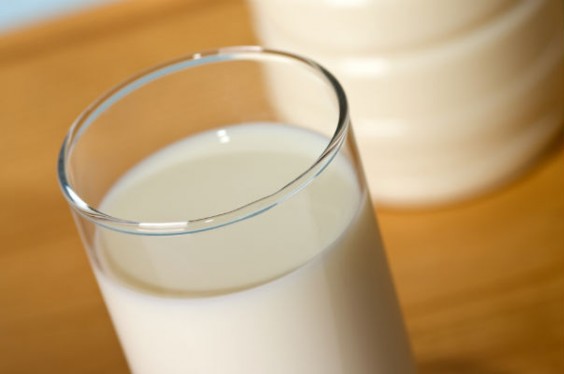Greatist Bites examine what’s fun, weird, innovative, and downright interesting in health, fitness, and happiness — all in 250 words or less. Check out all recent Bites here.

Organic fruits and vegetables might have fewer pesticides, but whether organic food is more nutritious is hasn’t really been proven. At least, until now: A new study shows that organic whole milk contains over 60 percent more omega-3 fatty acids than conventional milk.
To produce milk that can be labelled “organic,” cows are required to spend a certain amount of time in pasture. Those extra omega-3s in organic milk — which are likely due to cows chowing down on more grass and less corn — mayimprove brain function, and lower the risk of heart disease and depression
It should be pointed out that Organic Valley (a large-scale cooperative of organic dairy farmers) partially funded the study, however Washington State University paid for its analysis and conclusions, which have been validated by several impartial scientists.
It’s no mystery that organic food can be pricey — which means the best way to balance your health and your wallet is to splurge on organic products that are actually healthier than conventional ones. Prioritise organic animal products and check out our list of fruits and vegetables that benefit the most from organic production methods.
Got something to say? Let us know in the comments below, or tweet the author @ncjms.

